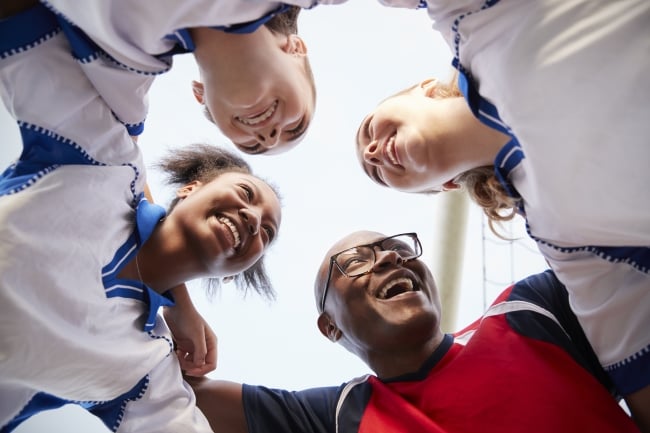You have /5 articles left.
Sign up for a free account or log in.

Higher education professionals can help destigmatize mental health support for athletes using these four ideas.
monkeybusinessimages/iStock/Getty Images
Across the U.S., over 520,000 students participated in NCAA athletics in 2021–22, growing 5.95 percent over the past two decades, according to NCAA data. Among student athletes, mental health remains a top concern, but almost one in three athletes say they don’t know where to go on campus if they have mental health concerns.
As a result, institutions have created support services such as talk groups for student athletes to be vulnerable with their mental health concerns and share resources to support them.
For higher education professionals looking to support student athletes, Inside Higher Ed complied four strategies to consider when implementing a program.
- Make it mandatory
The University of California, Irvine, established two sets of rotating curricular programs for its athletic team members to complete annually. The programs, Beyond Happy Faces and Step Up! UCI, are administered based on the teams’ schedules, between preseason in August and the end of January. Student athletes learn techniques for supporting one another as teammates in their mental health struggles.
- Make it accessible
Student athletes have a variety of responsibilities during the day, so providing mental health resources in a quick, accessible manner can meet them where they are.
Widener University in Pennsylvania launched Check Up From the Neck Up for its student athletes in spring 2023, providing fast, actionable roundtable conversations among student athletes.
The 15- to 30-minute conversations take place twice a week in the athletic center on campus in the Health, Unity and Belonging (HUB) room, a relaxation room for athletes and coaches. The same session is offered Monday and Thursday to accommodate student schedules, and there is no sign-up or limit to who can attend.
Each session also offers students a takeaway, whether that’s a physical worksheet, a QR code, a new recipe or breathing exercises for them to use on their own.
- Make it broad in content
Addressing holistic wellness in student athletes requires higher education professionals to encompass a broad range of topics within healthy living.
Let’s Talk Eagles, a program from the University of Mary Washington in Virginia, offers monthly conversations to student athletes featuring guests. One session led by a licensed nutritionist addressed body image, healthy calorie consumption and energy levels. Another panel included former athletes who shared about identity outside of sports following graduation or completion of their athletic career.
- Make it digital
Many student athletes work through their struggles alone because of the stigma around mental health. The University of Michigan created an online resource portal, Athletes Connected, that offers blogs, videos, research and additional information for support services in one location. The website offers skills and strategies for improving well-being as well as supports for students transitioning out of athletics.
Do you have a wellness tip that might help others encourage student success? Tell us about it.




